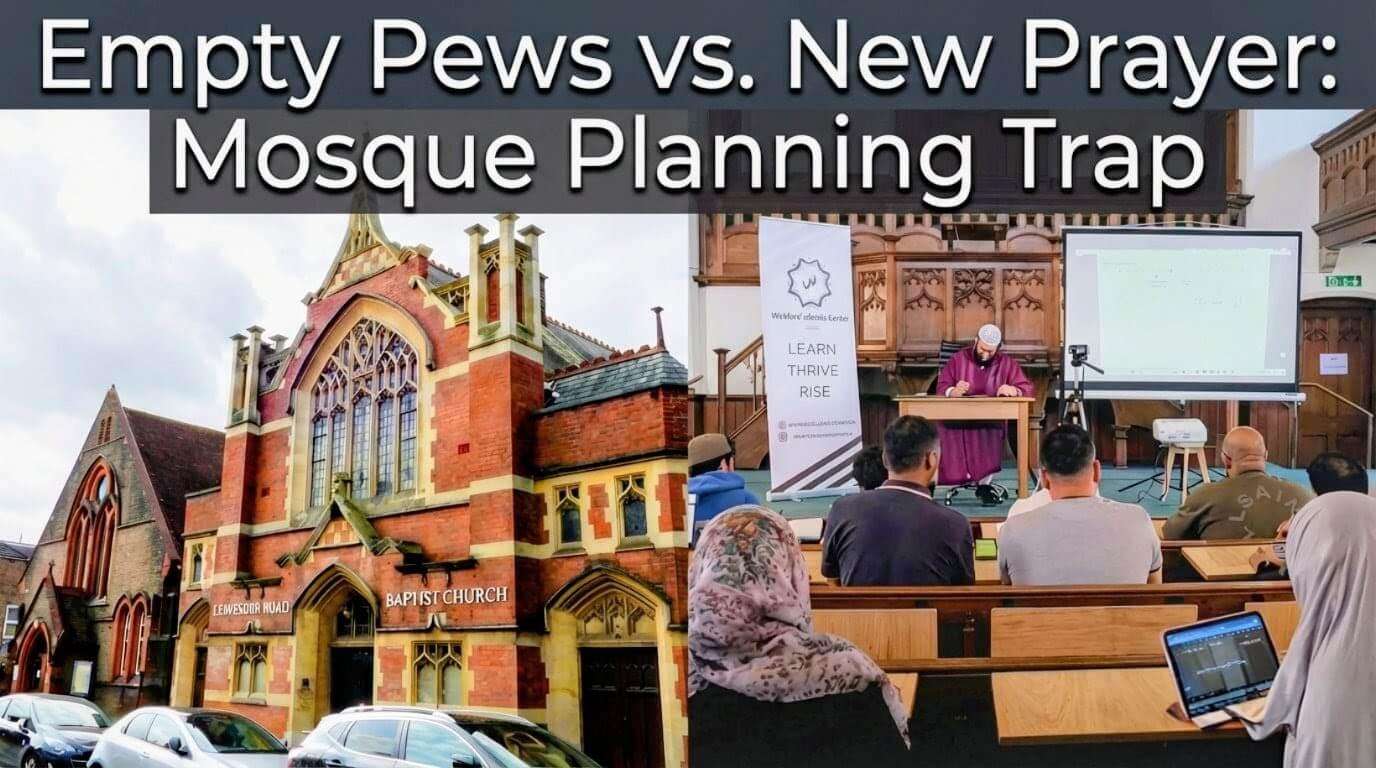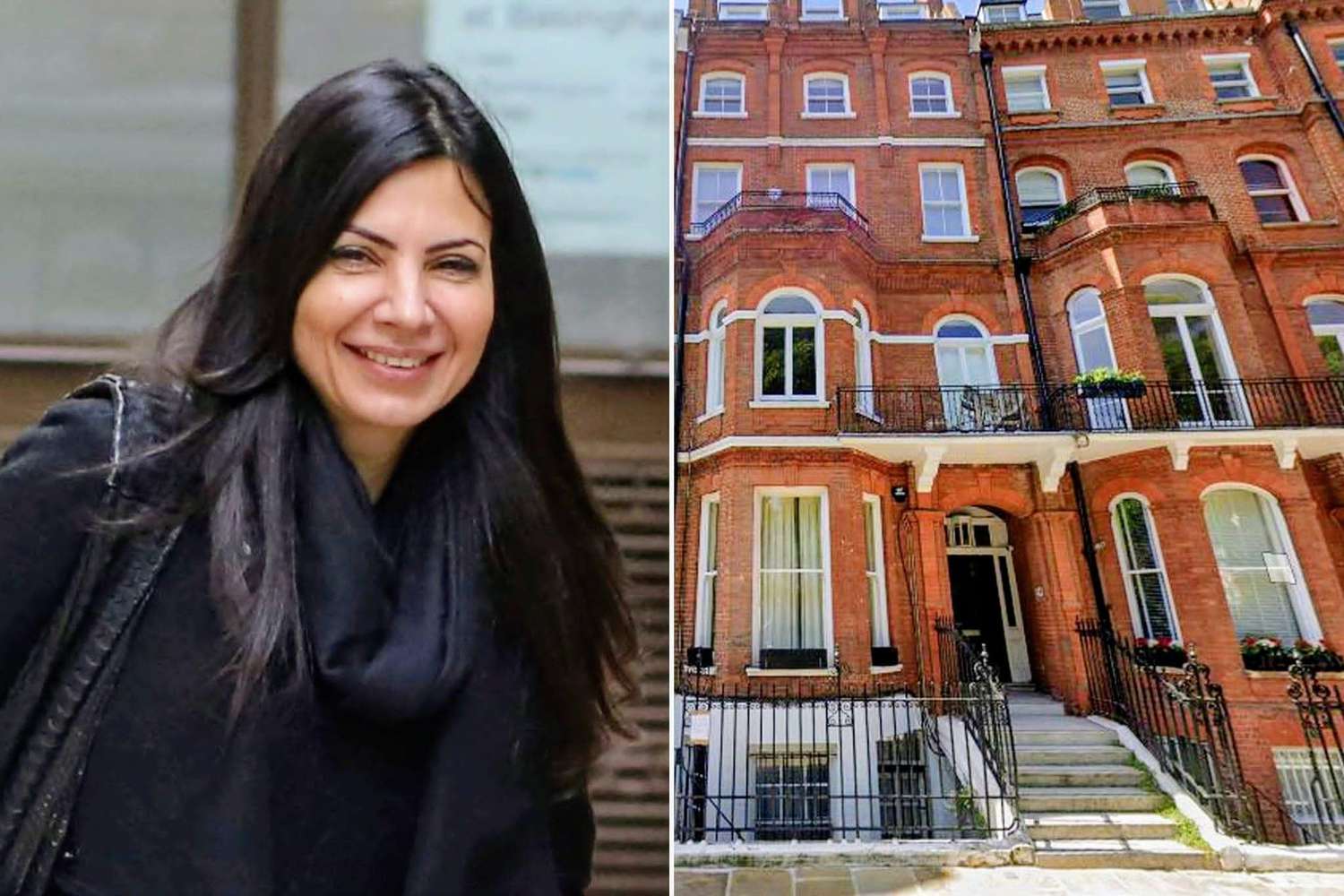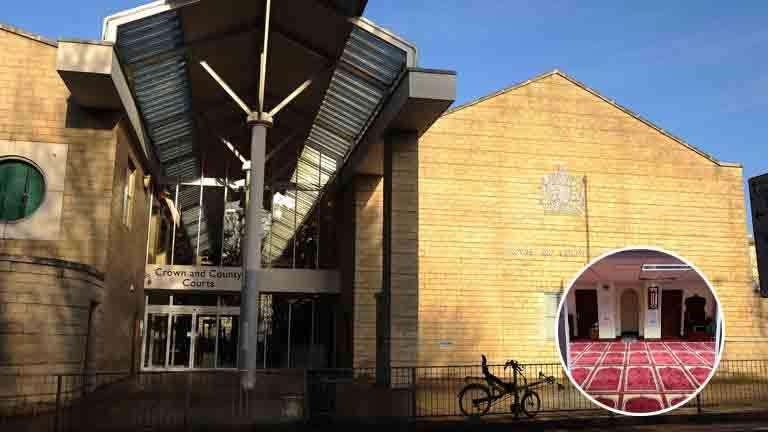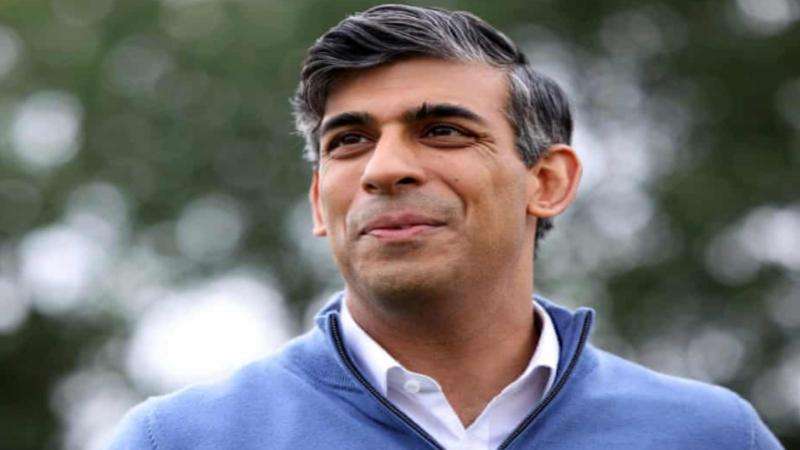A Bangladesh-born cleric who served as the senior spiritual leader of the Northampton Central Mosque has pleaded guilty to charges of illegally conducting a marriage ceremony for two children, a case that has sparked a sensitive legal and communal debate.
Ashraf Zaman Osmani, 52, of Abington Avenue, Northampton, admitted guilt at Northampton Magistrates’ Court to one charge under Section 121 of the Anti-Social Behaviour, Crime and Policing Act 2014, as amended by the Marriage and Civil Partnership (Minimum Age) Act 2022. This law criminalizes a person causing a child to marry before the age of 18, regardless of parental consent or the non-legal nature of the ceremony.
The charge relates to a nikkah (Islamic marriage ceremony) that Osmani performed in November 2023 involving two children, both aged 16, at the Central Mosque. Since February 2023, the minimum age for all marriages in England and Wales, including religious-only ceremonies, has been set at 18.
Cleric's Deep Roots in the Community
Osmani, a Sylheti British national, is a deeply established figure in Northampton's Muslim community, a fact that has lent a complex emotional layer to the legal proceedings.
His personal and professional history shows a long-standing commitment to the Central Mosque. He was born in February 1973 and has held the position of Imam & Teacher for decades. Corporate records show he has been an Active Director of the Central Mosque since January 2002 and was previously a Secretary since November 2000. He is also known to have a strong educational background, having studied Islamic sciences, including the Dars Nizami system, and graduated from the renowned Darul-Uloom Karachi in Pakistan in 1996.
Local Community Voices Empathy
Amidst the acknowledgment of the legal wrongdoing, many members of the local Muslim community have publicly or privately expressed empathy and support for Osmani.
Sources confirm that community members view him as a "nice human" and a highly respected leader, recognizing his years of service and dedication. This sentiment highlights the significant tension created by the case: the conflict between UK statutory law and traditional religious and cultural customs, where a nikkah may be viewed as a religious rite of passage, even if it falls short of the country's legal requirements for marriage. The community is now grappling with the implications of the law while maintaining their regard for their long-serving cleric.
Osmani has been bailed and is scheduled to appear at Northampton Crown Court on November 20 for sentencing. The case serves as a stark reminder to religious leaders and communities across the UK regarding the absolute adherence required for the country's updated child marriage laws.








.svg)


